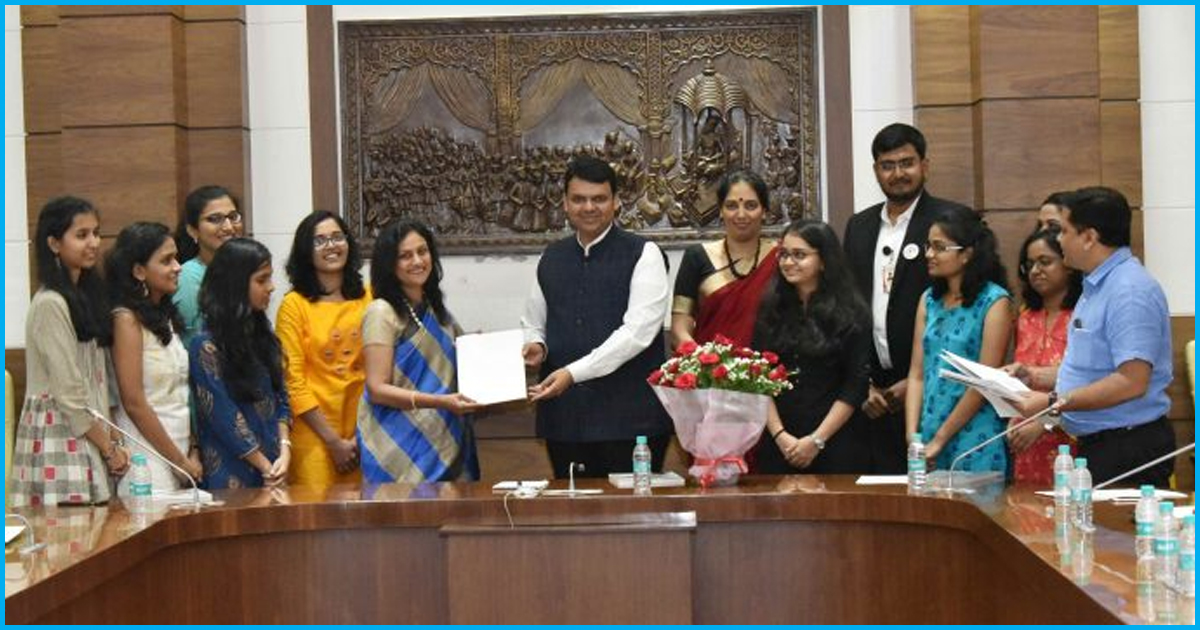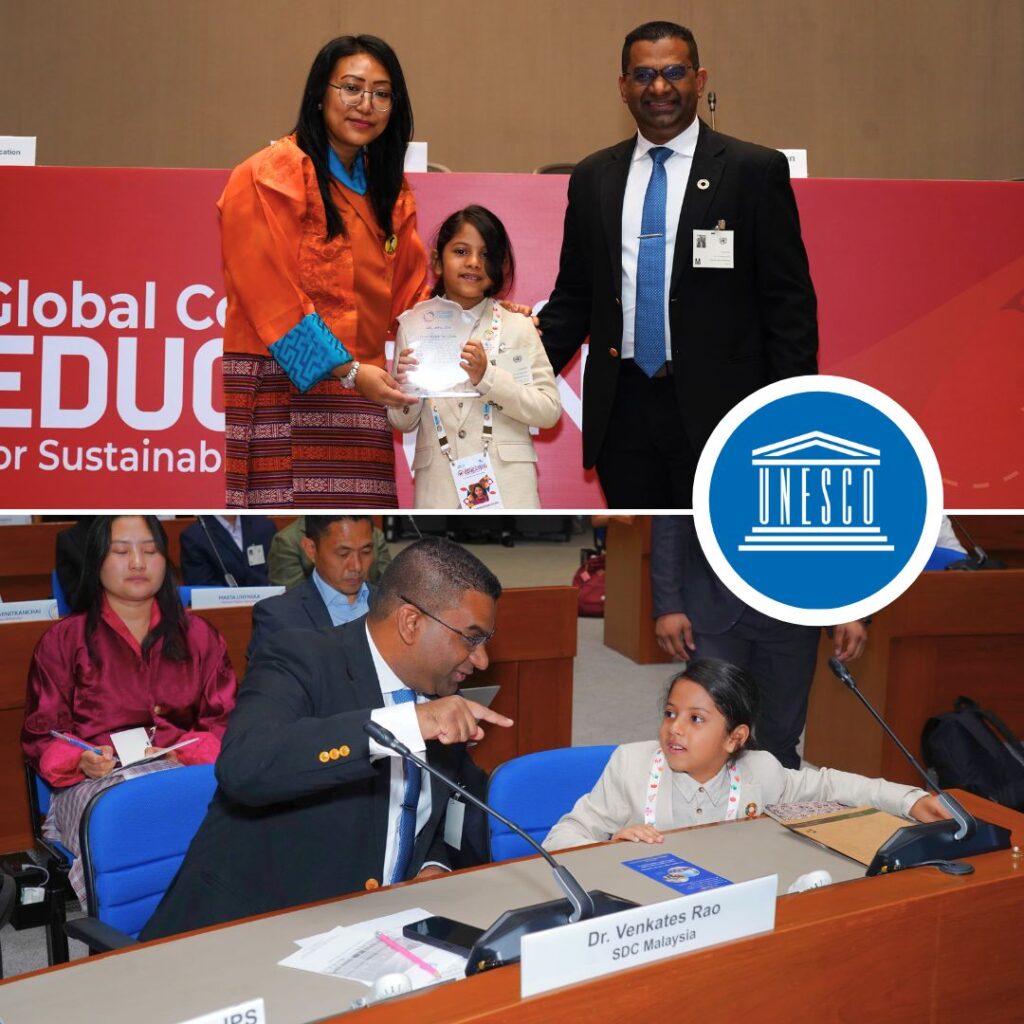A team of eight girl students of Matunga’s Ramnarain Ruia College won a gold medal at an international competition held in Boston for inventing an eco-friendly and cost-effective method of removing beetle leaf (paan) stains in public places and on structures.
The students, among 300 teams that took part in it, also won a best integrated human practices special award at the Genetically Engineered Machines (iGEM) 2018 held in Boston. The students were felicitated by Maharashtra Chief Minister Devendra Fadnavis. They were also felicitated for the ‘Best Project Under Environment Track’.
The project
What earlier required gallons of water and huge sums of money has now been reduced to a solution containing enzymes and microbes that convert the ugly red paan stains into “a harmless colourless product”. According to one of the students, Sanika Ambre, the team has planned to use these enzymes in the form of a gel to get rid of the stains.
During the course of their project, the team of girls met paan shop owners and other people who have to face the difficulty while removing beetle leaf stains. Among the people they met were station managers, Conservancy staff and government officials, reported DNA.
“We met paan vendors to understand the ingredient in the paan that gives the colour. We realized that catechu and slake lime are responsible for the red-brown colour. We also met some cleaners to understand the practical difficulties in washing off paan stains. We interacted with industries to find out about chemicals used as cleaning agents,” said Shrutika Sawant, a member of the team. Shrutika is a final-year BSc microbiology student, The Times of India reported.
Survey and awareness
Through their survey, the students learned that every day, 60,000 litres of water is used to clean trains in the car shed. Crores are spent by Central and Western Railways in Mumbai to clean the uncouth beetle leaf stains manually.
In comparison, the product created by the students will receive much less water. The department of biotechnology provided the students with a grant of Rs 10 lakh for participation in the event.
To spread awareness, a social media drive was started by the students with the hashtag #PaanSePareshan, and they plan on continuing with it.
With the guidance of faculty members Dr Anushree Lokur, Dr Mayuri Rege, Sachin Rajagopalan and Mugdha Kulkarni, the eight students achieved their goal. The students were Aishwarya Rajurkar, Anjali Vaidya, Komal Parab, Nishtha Pange, Maithili Savant, Mitali Patil, Sanika Ambre, and Shrutika Savant.
The Logical Indian salutes the team for their hard work and achievement.
Also Read: Bengaluru: Class XI Boy Wins International Science Prize, Gets Awarded 2.9 Cr Worth Cash Prize











